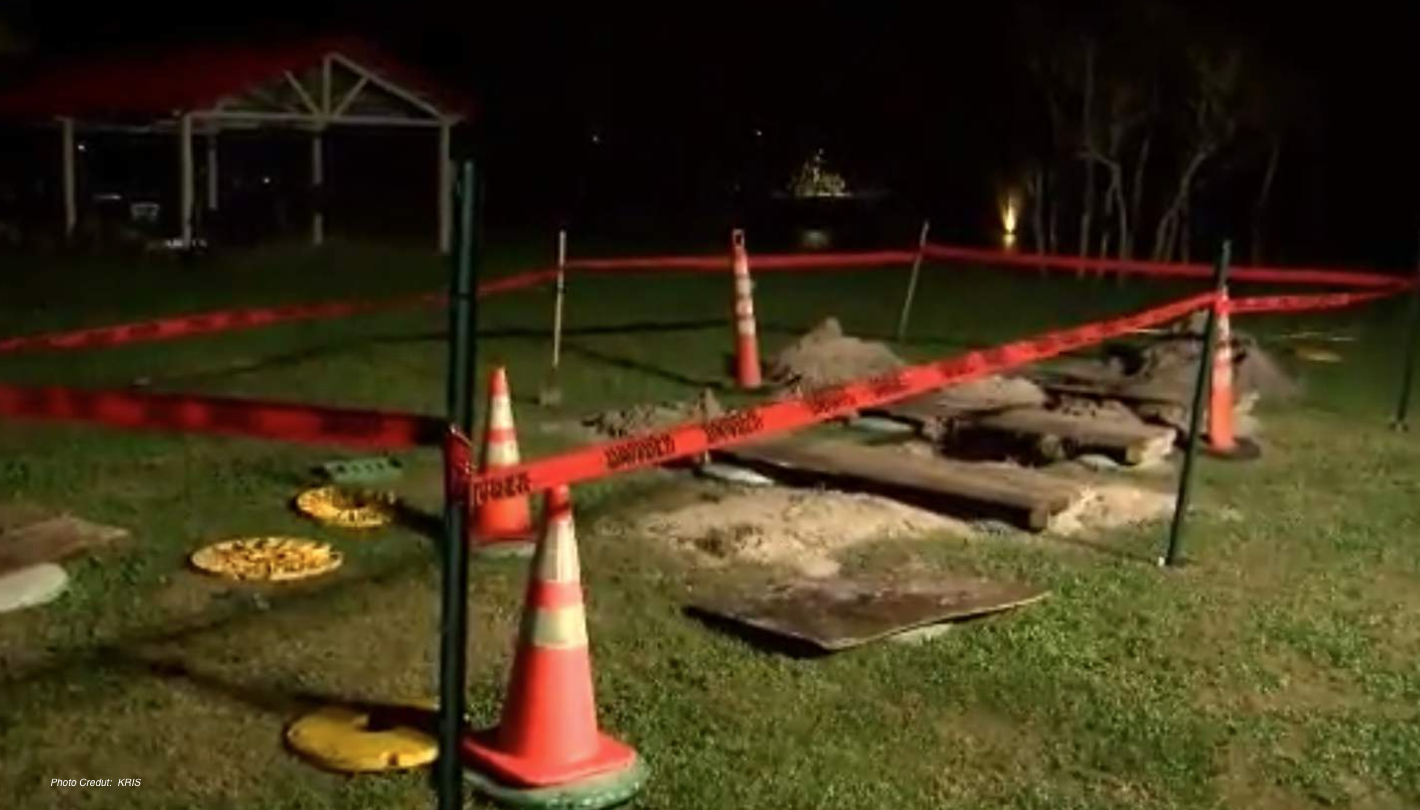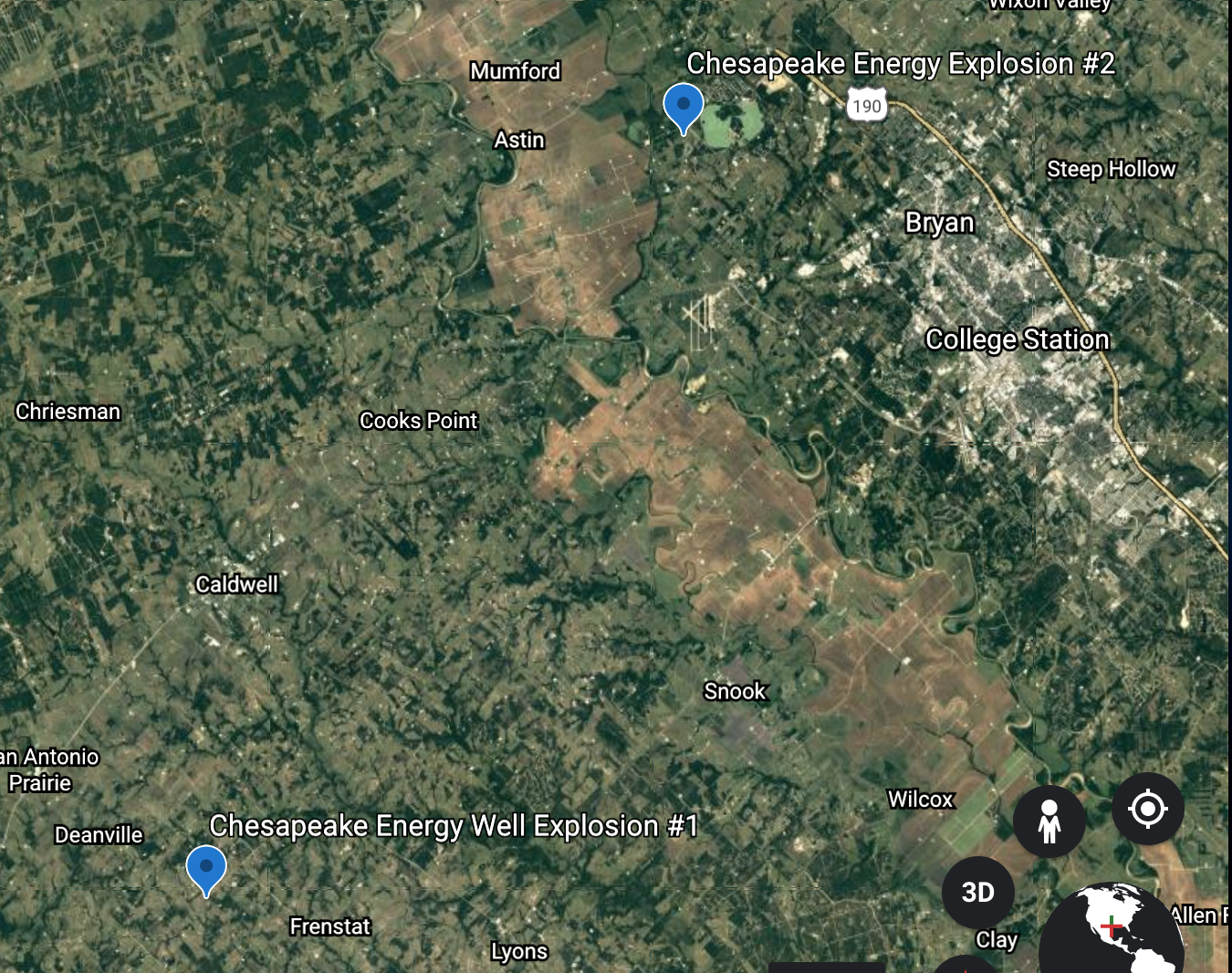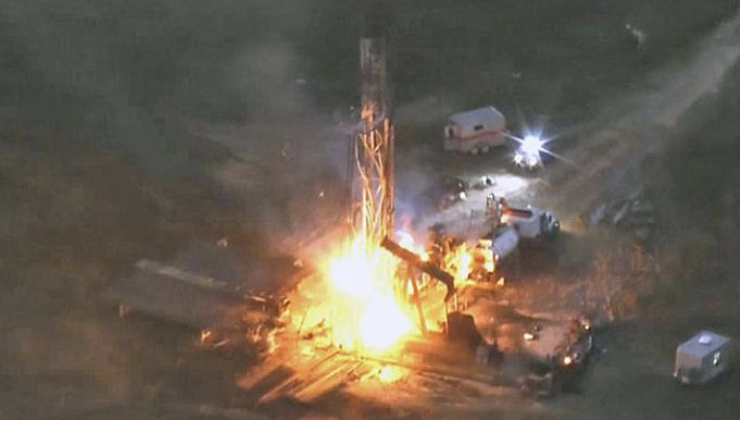
Texas personal injury victims must understand and follow the state’s statute of limitations to ensure that their claims are addressed. The statute of limitations provides plaintiffs with a strict time period within which they can bring their lawsuits. This mechanism serves to protect defendants by encouraging plaintiffs to diligently and expeditiously pursue their claims. The statute of limitations also increases the overall reliability of evidence, by limiting the amount of time witnesses have to recount their experiences and preserving fragile physical evidence.
In most cases, the statute of limitations begins when the incident giving rise to the lawsuit occurs. A claim does not have to be heard by that time, but rather, plaintiffs must file their cases within that time. Generally, under Texas law, assault and battery, false imprisonment, legal malpractice, medical malpractice, personal injury, property damage, product liability, trespass, and wrongful death claims must be filed within two years of the incident. The plaintiffs must file contract and fraud claims within four years and slander and libel claims within one year. However, each of these statutes of limitations has exceptions and nuances that may apply on a case-by-case basis.
There are two crucial exceptions to the Texas personal injury statute of limitations; the discovery rule, and tolling. Plaintiffs may be able to assert the discovery rule when their injuries cannot be linked to a specific date. For example, when a person suffers injuries as a result of toxic chemical exposure at their workplace, they may not be able to pinpoint the exact time of exposure. In these situations, the signs and symptoms associated with the incident may occur slowly, making it impossible for a plaintiff to know that they were injured within the statute of limitations. In these cases, the statute of limitations may not begin to run until the plaintiff becomes aware of their condition, or reasonably should have become aware of it. The tolling exception allows plaintiffs to extend the time period under specific situations. Some common examples of tolling occur when a prospective plaintiff is incompetent or during the time that they were a minor.

 Texas Injury Lawyers Blog
Texas Injury Lawyers Blog









 A Texas appeals court recently issued an
A Texas appeals court recently issued an 





